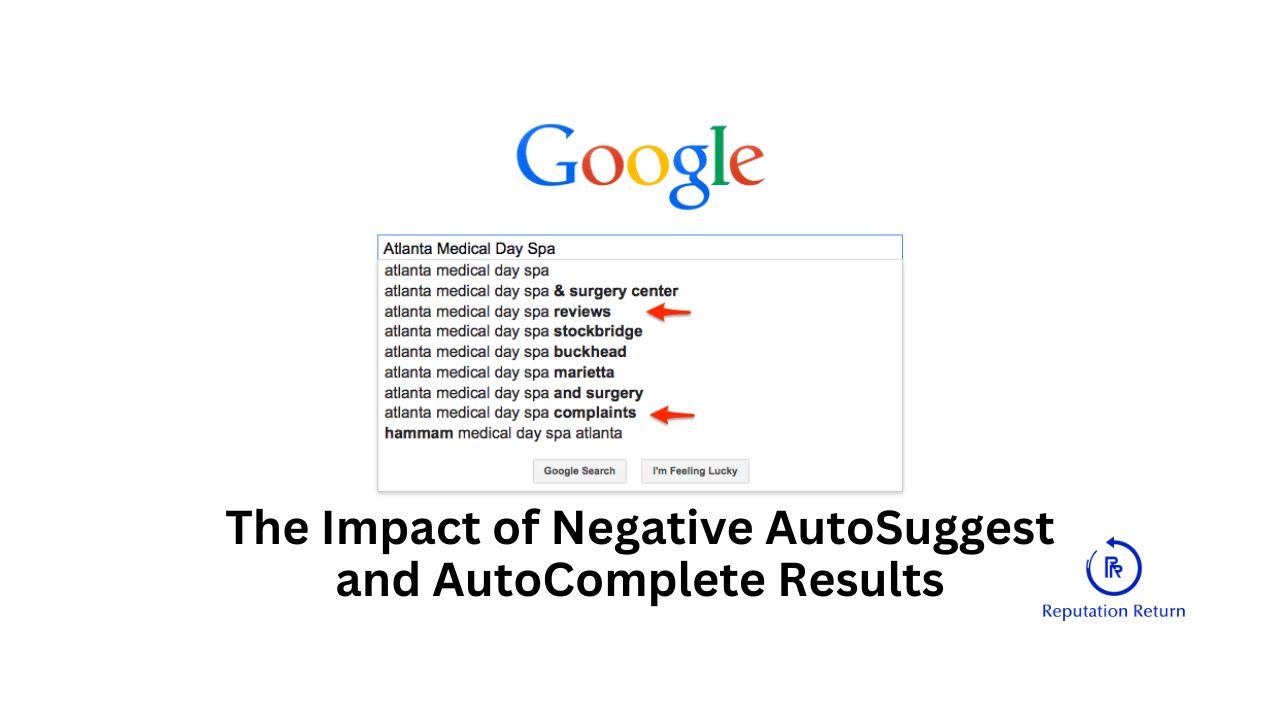Search engines such as Google, Bing, and Yahoo play a pivotal role in how information is accessed worldwide. A key feature that enhances user experience is their autosuggest and autocomplete functionalities. While these tools are designed to predict and display search queries as users type, they can also lead to detrimental effects when negative or harmful suggestions appear.
Understanding Auto-Suggest and Auto-Complete
Auto-suggest and auto-complete features operate by analyzing popular searches and predicting what users are likely to type next. These predictions are based on algorithms that consider search frequency, recency, and user preferences. While their primary aim is to streamline searching, they are susceptible to generating misleading or defamatory suggestions.
Impact on Individuals
Damage to Personal Reputation
Negative auto-suggest and auto-complete results can severely damage personal reputations. For instance, if someone searches their name and sees suggestions like “John Doe criminal” or “Jane Smith scam,” it can create a negative perception without factual basis. This can adversely affect personal relationships and professional opportunities.
Emotional Toll
Encountering one’s name associated with negative terms can cause significant emotional distress. Victims of online harassment or false accusations often experience anxiety and a sense of vulnerability, impacting their overall well-being and mental health. This is why (ORM) online reputation management can help improve your emotions and the content online which is defaming or slanderous.
Impact on Businesses
Loss of Trust and Revenue
Businesses face substantial risks from negative auto-suggest and auto-complete results. Suggestions like “Company X fraud” or “Product Y unsafe” can deter potential customers, leading to decreased sales and revenue loss. Building and maintaining trust is crucial in competitive markets, and negative online perceptions can undermine years of hard-earned reputation.
Brand Integrity
Maintaining a positive brand image is critical for businesses. Negative suggestions can tarnish brand reputation, affecting customer perceptions and loyalty. This is particularly challenging for smaller businesses reliant on online visibility and customer trust.
Propagation of Misinformation
Auto-suggest and auto-complete features can inadvertently propagate misinformation. Incorrect or defamatory suggestions can amplify false narratives, influencing public opinion and damaging reputations unfairly.
Legal and Ethical Considerations
Addressing negative auto-suggest results involves navigating legal complexities. While search engines are not typically liable for user-generated content, there are ethical obligations to ensure algorithmic fairness and accuracy. Legal recourse may be pursued in cases of defamation or harmful suggestions.
Addressing the Issue
Algorithmic Refinements
Improving algorithmic accuracy and bias detection is crucial for search engines. Enhanced transparency and user feedback mechanisms can help mitigate harmful suggestions and enhance user trust.
Online Reputation Management (ORM)
ORM services are invaluable for individuals and businesses affected by negative autocomplete suggestions. Providers like Reputation Return specialize in monitoring and managing online reputations through SEO strategies, content creation, and legal interventions to suppress harmful content and promote positive narratives.
Legal Options
In severe cases, legal action may be necessary to remove defamatory content from search engines and restore damaged reputations. Collaborating with legal experts can facilitate takedown requests and pursue damages for reputational harm.
Negative auto-suggest and auto-complete results can significantly impact individuals and businesses, posing risks to personal reputation, emotional well-being, and financial stability. Addressing these challenges requires a holistic approach involving algorithmic improvements, proactive reputation management, and legal safeguards. By taking decisive steps to mitigate the impact of harmful suggestions, individuals and businesses can safeguard their reputations and maintain a positive online presence.

